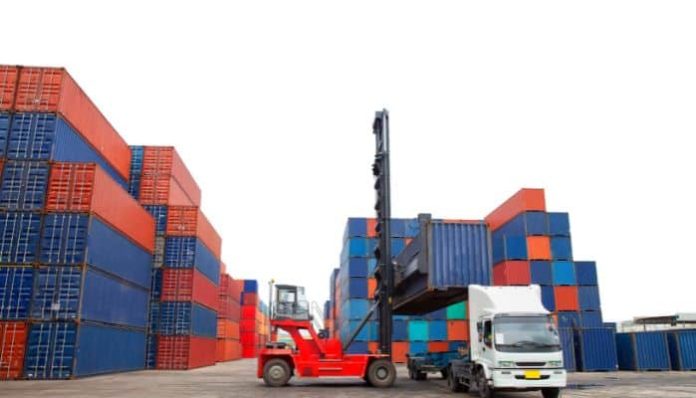The Zambian government has begun formal engagements with Chinese partners to develop the Kapiri Mposhi Dry Port, a transformative transport infrastructure project located in Central Province. This initiative aims to boost trade efficiency and regional connectivity through enhanced logistics infrastructure. The announcement followed a high-level meeting held on Friday between Zambia’s Minister of Transport and Logistics, Frank Tayali, and a visiting Chinese delegation led by Erkin Tuniyaz, Governor of China’s Xinjiang Uyghur Autonomous Region.
During the meeting at his Lusaka office, Minister Tayali expressed gratitude for China’s continued support toward Zambia’s economic development, particularly in the transport and logistics sectors. He welcomed the delegation’s interest in the Kapiri Mposhi Dry Port and encouraged them to explore broader investment opportunities across other sectors of the Zambian economy. Tayali emphasised that the Zambian government remains committed to strengthening partnerships that promote national and regional economic transformation.
Kapiri Mposhi is strategically located at the intersection of the Tanzania-Zambia Railway Authority (TAZARA) line and Zambia Railways, making it a vital hub along the Central Corridor. This trade route links Zambia to the Southern African Development Community (SADC) region, offering a key gateway for imports and exports. The proposed dry port will act as a major inland logistics centre, alleviating congestion at seaports, streamlining customs clearance, and facilitating the smooth movement of goods throughout Zambia and its neighbouring countries.
According to Minister Tayali, the Kapiri Mposhi Dry Port project is expected to deliver significant economic benefits, including job creation, improved supply chains, and increased trade volumes. “The proposed infrastructure will include container handling facilities, bonded warehouses, customs inspection zones, improved road and rail connectivity, and modern ICT systems for cargo tracking,” he said. These elements are designed to create a fully integrated logistics hub that meets international standards.
Using a Public-Private Partnership (PPP) format, the initiative will solicit funding from private investors as well as development financing organizations such as the World Bank and the African Development Bank. According to Tayali, the project’s land has been acquired, feasibility studies have already been finished, and initial design work has begun. Continuous stakeholder consultations are also conducted to guarantee community support and involvement.
Minister Tayali noted that the Ministry of Transport and Logistics is now focused on finalising partnerships to initiate phased implementation of the project. He described the dry port as a “transformative project with the potential to reshape regional logistics and trade.” Its successful execution is expected to position Zambia as a central player in regional trade, reducing dependence on congested coastal ports and cutting transit times for goods moving within and beyond Zambia’s borders.
Tayali reaffirmed the government’s strong commitment to the project and extended his appreciation to the Chinese delegation for their interest. He underscored that the time for strategic investment in Zambia’s infrastructure sector is now, with the Kapiri Mposhi Dry Port offering a promising gateway to long-term regional economic growth and integration.



